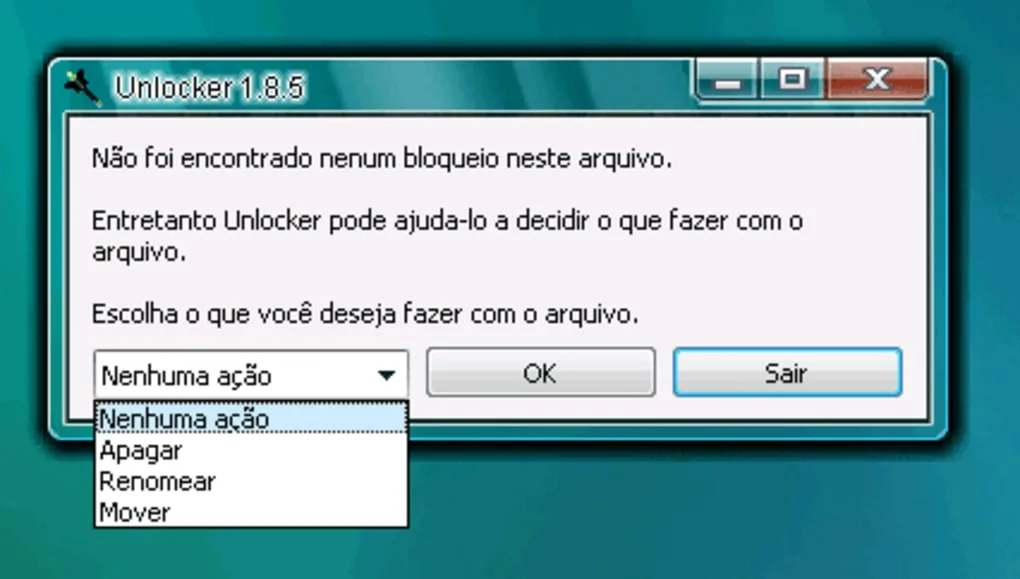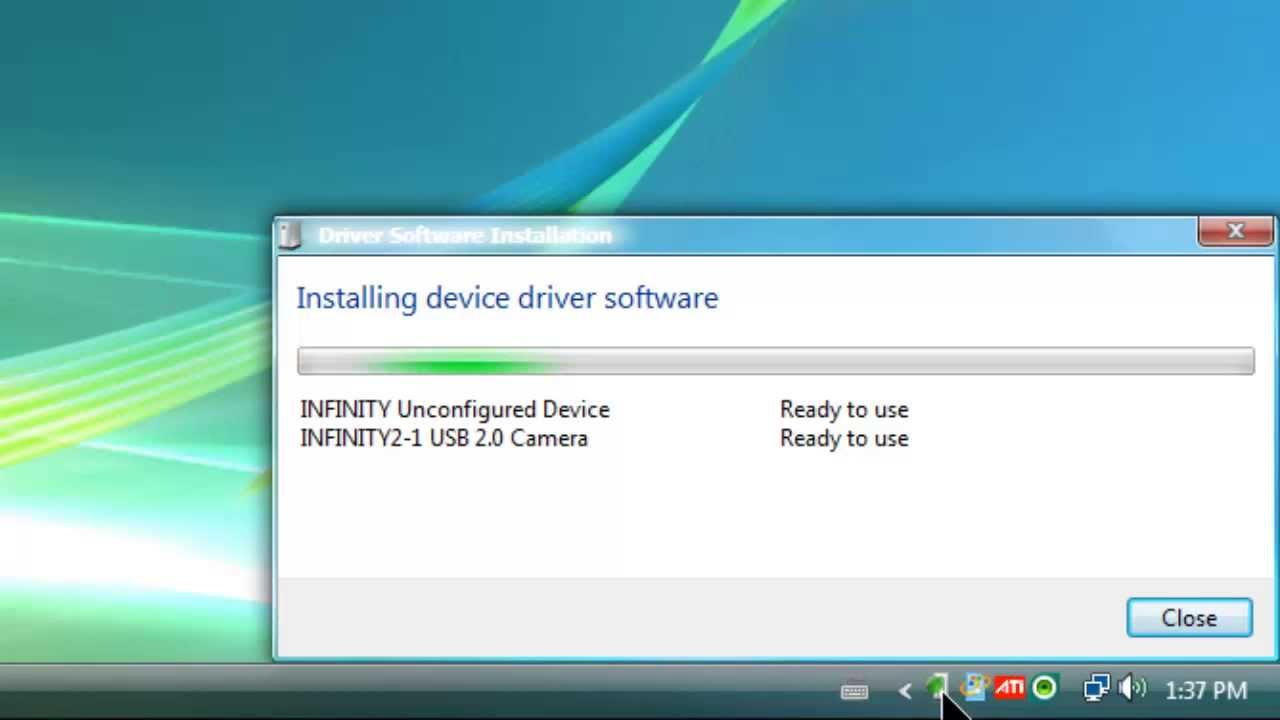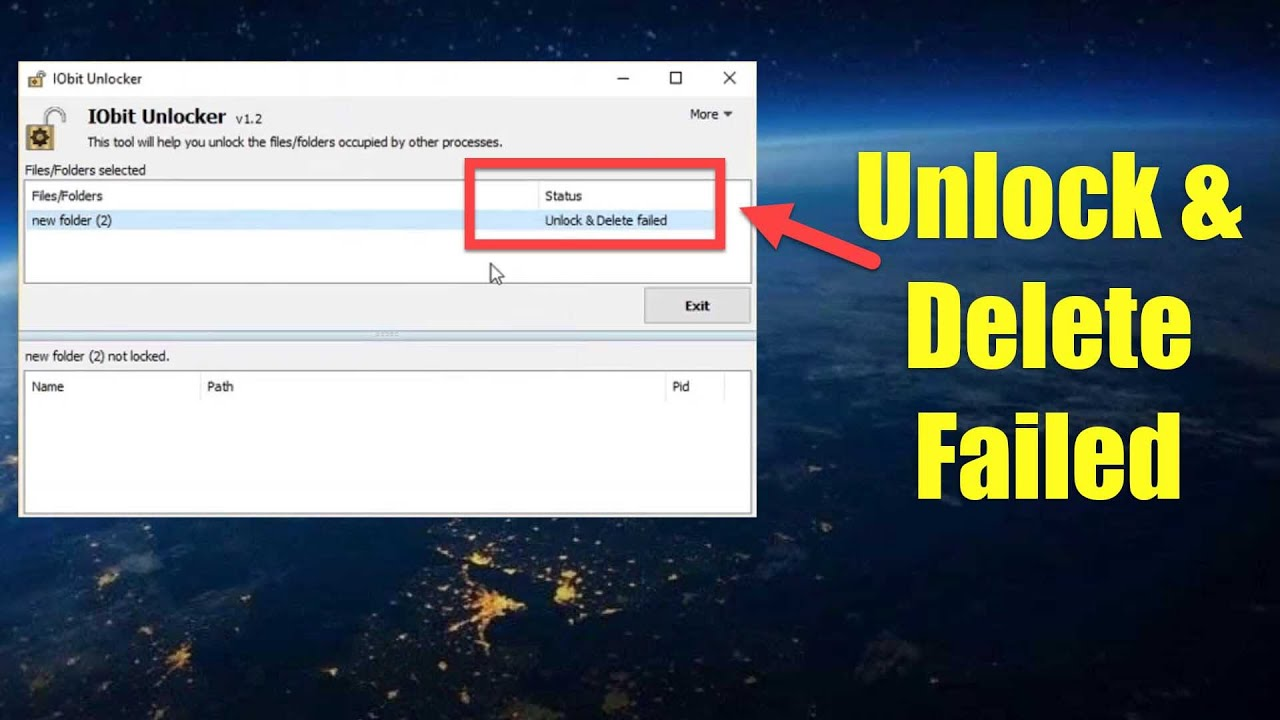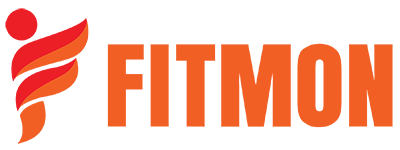In the modern educational landscape, online resources play a crucial role in helping students navigate challenging academic material. Platforms like Chegg have become indispensable for students seeking solutions to homework, textbook explanations, and study aids. However, with Chegg’s subscription-based model, many students look for ways to access its services for free or at a lower cost. Enter Chegg Unlocker, a term that has gained traction in academic circles as a method to bypass Chegg’s paywall or gain unauthorized access to its content.
This article explores what a Chegg Unlocker is, why students turn to such tools, the legal and ethical implications, and alternative ways to maximize educational resources without crossing ethical boundaries.
What is Chegg Unlocker?

A Chegg Unlocker is a tool, service, or method used to bypass Chegg’s subscription system and unlock paid content without proper authorization. This may include solutions to homework problems, textbook answers, and other premium features Chegg offers to its paying users.
These tools are typically shared on forums, social media platforms, or by individuals or groups offering to unlock Chegg content for free or at a fraction of the subscription cost. While these services may seem appealing to students on tight budgets, they operate in a legal gray area and come with significant risks.
How Chegg Unlockers Work
Chegg Unlockers function in several ways, depending on the tool or service used. Common methods include:
- Account Sharing
Some individuals share their Chegg login credentials with others, allowing them to access premium content without paying. - Browser Extensions
Certain browser add-ons claim to bypass Chegg’s paywall or scrape its content. - Third-Party Websites or Services
Dedicated websites or individuals offer paid or free services to unlock Chegg solutions by submitting specific questions or URLs. - Software Exploits
Hackers may create software tools designed to exploit vulnerabilities in Chegg’s system, granting unauthorized access to its resources. - Use of Free Trials
Some services exploit Chegg’s free trial system by creating multiple accounts with disposable email addresses, granting temporary access to premium features.
Why Students Use Chegg Unlockers

The appeal of Chegg Unlockers lies in several factors:
- High Subscription Costs
Chegg’s subscription fee can be a financial burden for many students, particularly those on tight budgets or without access to alternative resources. - Demand for Instant Solutions
Academic pressures often lead students to seek quick answers to complex problems, and Chegg is known for providing detailed, step-by-step explanations. - Limited Free Access
Chegg allows users to preview some content but restricts full access to subscribers, driving non-subscribers to look for ways to unlock the material. - Peer Recommendations
Many students discover Chegg Unlockers through friends or online forums, where such tools are often promoted as a quick and cost-effective solution.
The Risks of Using Chegg Unlockers
While Chegg Unlockers may seem like an easy fix, they come with a range of risks:
- Legal Consequences
Using Chegg Unlockers violates Chegg’s terms of service and may constitute copyright infringement or hacking, both of which are punishable under the law. - Data Privacy Concerns
Many third-party tools and services are untrustworthy and may expose users to malware, phishing scams, or data theft. - Account Bans
Chegg actively monitors for unauthorized activity and may ban accounts involved in sharing or using unlocker tools. - Academic Integrity Violations
Using unlockers to cheat on homework or exams can lead to severe academic penalties, including expulsion from educational institutions. - Inconsistent Quality
Many unlocker services fail to deliver reliable results, wasting users’ time and money.
Legal and Ethical Implications

The use of Chegg Unlockers raises significant legal and ethical concerns:
- Violation of Intellectual Property Rights
Chegg’s content is protected under copyright law. Unauthorized access to its material infringes on these rights and undermines the platform’s business model. - Impact on Content Creators
The educators and professionals who create Chegg’s solutions rely on the platform’s revenue. Unlockers deprive them of fair compensation for their work. - Erosion of Academic Integrity
Chegg is designed to supplement learning, not replace it. Using unlockers to bypass the platform’s paywall undermines its educational purpose and encourages dishonest practices. - Harm to Other Users
Widespread use of unlockers can drive up costs for paying users as companies invest more in security and anti-piracy measures.
Alternatives to Chegg Unlockers
For students seeking affordable or free academic support, several legitimate alternatives exist:
- Public Libraries
Many libraries offer free access to textbooks, study guides, and online resources that can help with coursework. - Open Educational Resources (OERs)
Platforms like Khan Academy, OpenStax, and MIT OpenCourseWare provide high-quality educational materials for free. - Campus Resources
Universities often offer tutoring services, study groups, and workshops to support students in their academic journey. - Peer Collaboration
Working with classmates on assignments and sharing knowledge can be an effective and ethical way to learn. - Chegg’s Free Services
While the premium features require a subscription, Chegg offers some free tools, including basic solutions, citation generators, and writing support. - Discounts and Promotions
Students can look for Chegg discounts or promotional offers to access premium features at a lower cost.
How Chegg is Combating Unlockers

Chegg is aware of the challenges posed by unlockers and has taken steps to protect its platform:
- Advanced Security Measures
Chegg invests in technologies to detect and prevent unauthorized access, such as monitoring account activity and implementing CAPTCHA tests. - Legal Actions
The company pursues legal action against individuals or groups involved in creating or distributing unlockers. - Educational Campaigns
Chegg emphasizes the importance of academic integrity and positions its services as tools to enhance learning rather than shortcuts to bypass effort.
Conclusion
Chegg Unlockers represent a tempting but problematic solution for students seeking free access to academic resources. While they may offer a short-term fix, they come with significant risks, including legal consequences, data security issues, and academic integrity violations.
As students face increasing academic and financial pressures, it’s essential to seek ethical and sustainable solutions to support their learning. Platforms like Chegg play a valuable role in education, but their use should align with the principles of fairness and respect for intellectual property. By exploring legitimate alternatives and advocating for more affordable resources, students can thrive academically without compromising their values or future.

